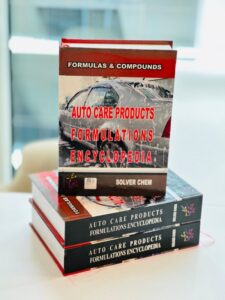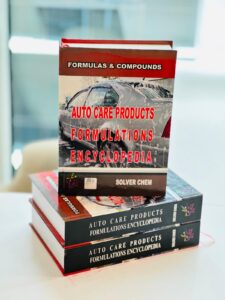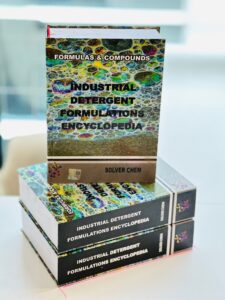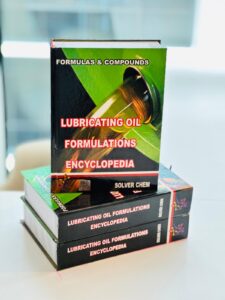
Non-chlorinated brake cleaner is a solvent-based cleaning spray designed to remove brake dust, oil, grease, and grime from braking system components—without using chlorinated solvents like tetrachloroethylene or methylene chloride. These cleaners are formulated with hydrocarbon-based solvents or alcohols and are generally safer for the environment and user health, though often more flammable.
🔬 Key Properties:
| Property | Description |
|---|---|
| Solvent Base | Non-chlorinated (e.g., heptane, acetone, isopropyl alcohol, ethanol) |
| Evaporation Rate | Fast-drying, though generally slower than chlorinated cleaners |
| Cleaning Performance | Strong degreasing power; effective on oil, brake fluid, and dirt |
| Residue | No residue left after evaporation |
| Flammability | Highly flammable due to hydrocarbon content |
| Toxicity | Lower than chlorinated versions but still requires safe handling |
| Environmental Impact | Lower VOC options available; more eco-friendly and compliant with regulations |
| Surface Compatibility | Safe for metal and most plastics (verify label) |
🧰 Applications:
-
Brake rotors, pads, calipers, and drums
-
Cleaning other automotive or mechanical components
-
Degreasing in industrial or workshop settings
-
Pre-cleaning before reinstallation of brake parts
-
Suitable for consumer, professional, and commercial use
🧪 Types of Non-Chlorinated Brake Cleaners:
| Type | Description |
|---|---|
| Standard Hydrocarbon-Based | Common formulation; high solvency and fast evaporation |
| Low VOC Formulas | Designed to meet environmental regulations (e.g., CARB, EPA compliant) |
| Alcohol-Based Formulations | Use isopropyl or ethanol; safer but slower evaporating |
| Eco-Friendly / Bio-Based | Use biodegradable solvents; safer for users and nature |
| Heavy-Duty Non-Chlorinated | Formulated for commercial/fleet environments with strong cleaning needs |
👁️ Görüntülenme: 5




